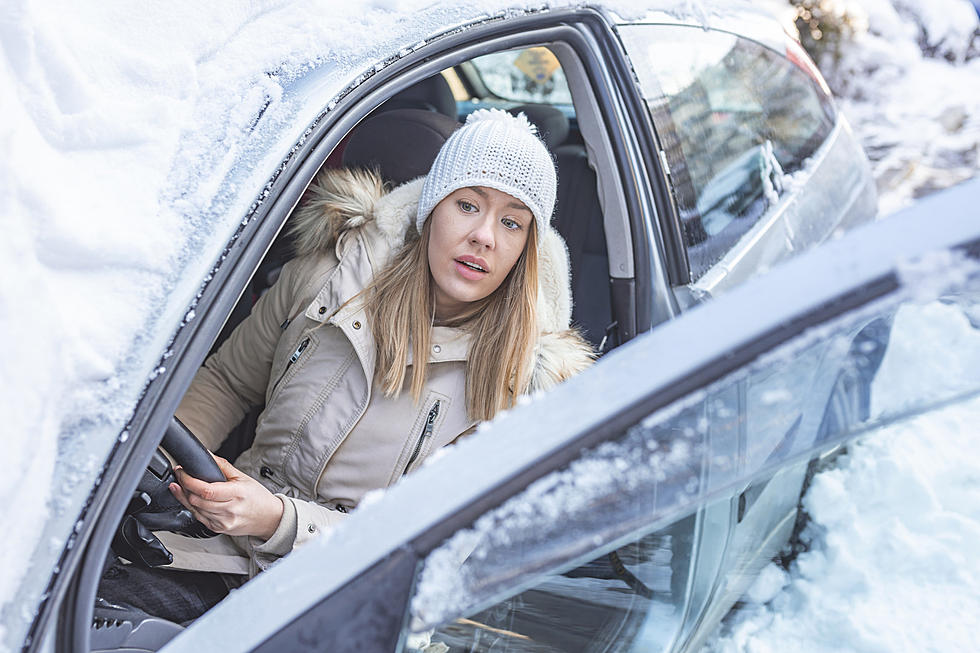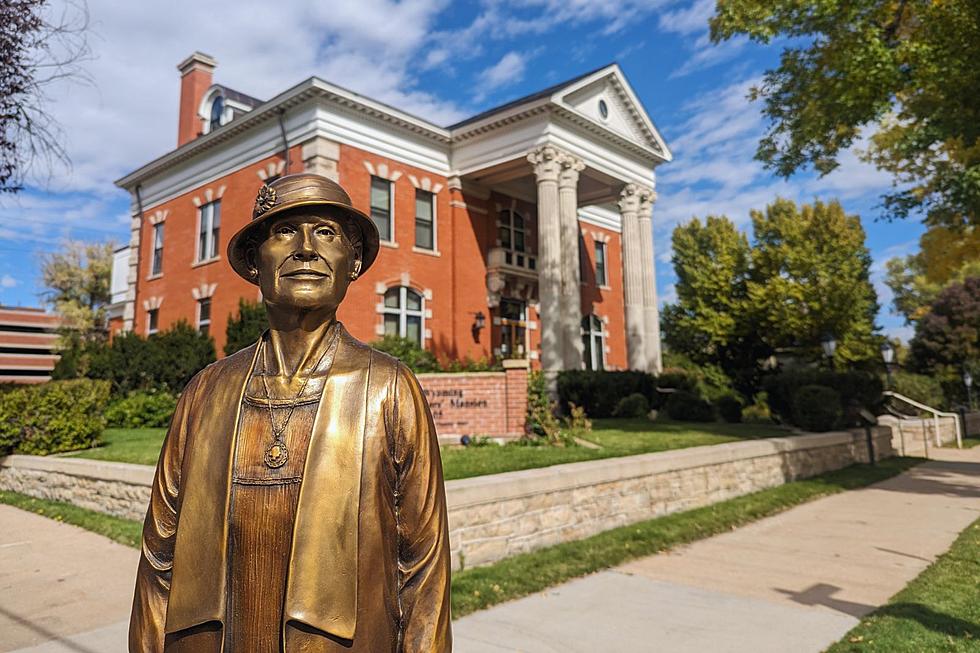
Should Wyoming Residents Warm Up Vehicles Before Winter Driving?
I have a confession to make - I never warm my car up before driving in the winter. It's not that I don't want a nice and toasty commute to work...I'm just terrible about leaving the house on time. So I never have an extra five minutes to warm up my car in the morning; I just shiver my way into work and let my car warm up on the drive.

Of course, I've always heard that you should warm your car before driving to protect the engine. So, naturally, I needed to find out if not heating my car up was spelling doom for my little Honda Civic.
As it turns out, you don't need to warm your car up before driving in the cold. Experts recommend you not warm up your vehicle before driving in the cold.
Why You Shouldn't Warm Up Your Vehicle's Engine in the Cold...
Back in the days when carburetors were used in engines, you did have to warm up your engine in the cold. If you didn't, the car could stall out. But any vehicle made after 1990 uses fuel-injection technology instead of carburetors, and fuel-injected engines do not need warming up to function in the cold.
According to Firestone Tires and Insider Magazine, heating your vehicle's engine up for more than a few minutes can actually damage the engine. Dr. Stephen Ciatti, a mechanical engineer at the University of Wisconsin-Madison, told Insider that "warming up" a car's engine for too long "[strips] oil from critical components that help your engine run, namely the cylinders and pistons."
How Gasoline Strips Oil from a Vehicle's Engine
Ciatti explained to Insider that under normal conditions, we don't have to worry about gasoline washing the walls of the combustion chamber. But, according to the Insider article, when cars idle for too long, the gasoline may not evaporate as it should. That's a problem because the combustion process of an engine relies on vaporized gasoline and air to work. To compensate for the lack of vaporized fuel, the engine forces more gasoline into the mix, causing the mixture of air and gasoline to become "rich." That extra fuel can "wash" the walls of the combustion chamber, and, as a result, piston rings and cylinder liners can become damaged. Check out his full explanation in this article.
Firestone Tires echoed Ciatti's explanation by noting that "less oil means more friction, more wear and tear, and a shorter life for your engine."
There are other reasons not to heat your vehicle's engine in the cold.
- It's not great for the environment. For example, Firestone reports that 1.9% of greenhouse gas emissions are caused by idling cars.
- It wastes your money. Idling a car burns gas, and with the price of gas these days, you don't want to waste it.
- It doesn't warm you or your car up any faster. However, your vehicle will actually warm up faster when it's driven, as opposed to idling, reports Insider.
How Long Should You Idle a Car in the Winter?
If your car was made after 1990, you don't need to idle before driving in the cold. However, if you want to "warm up" your engine, the U.S. Department of Energy recommends idling your car for only 30 seconds before driving in the winter. Additionally, the EPA notes that modern vehicles don't "need" warmed up.
If you have an older vehicle - pre-1990, it's a safe bet that your car has a carburetor. If that's the case, you'll still have to heat up your engine a little bit, but it only takes a few minutes to warm up the engine. JD Power notes that carburated engines could take around 10 minutes to warm up.
Want More Info? Check Out This Story's Sources Below:
Orwig, J. (2016). Stop hurting your engine by idling the car when it's Cold out. Business Insider. Retrieved January 13, 2023, from https://www.businessinsider.com/heres-what-idling-your-car-in-the-morning-is-doing-to-your-engine-and-its-not-good-2016-1
unknown. (2016). Myth busted! why you shouldn't idle your car in the cold. Firestone Complete Auto Care. Retrieved January 13, 2023, from https://www.firestonecompleteautocare.com/blog/driving/why-you-shouldnt-idle-car-in-cold/#
unknown author. (n.d.). What You Can Do to Reduce Pollution from Vehicles and Engines. EPA. Retrieved January 13, 2023, from https://www.epa.gov/transportation-air-pollution-and-climate-change/what-you-can-do-reduce-pollution-vehicles-and#:~:text=Don't%20Idle,-Unnecessary%20idling%20of&text=Modern%20vehicles%20do%20not%20require,and%20saves%20money%20on%20fuel.
U.S. Department of Energy. (2015). Idling reduction for personal vehicles - energy. Alternative Fuels Data Center. Retrieved January 13, 2023, from https://afdc.energy.gov/files/u/publication/idling_personal_vehicles.pdf
Hawley, D. (2022). Do you need to warm your car up? J.D. Power. Retrieved January 13, 2023, from https://www.jdpower.com/cars/shopping-guides/do-you-need-to-warm-your-car-up
University of Wisconsin-Madison. (n.d.). Steve Ciatti. Interdisciplinary Professional Programs - University of Wisconsin-Madison. Retrieved January 13, 2023, from https://interpro.wisc.edu/instructor/ciatti-steve/
Wyoming Winter Emergency Kit
Heated Items To Battle Wyoming Winter
More From 106.3 NOW FM









